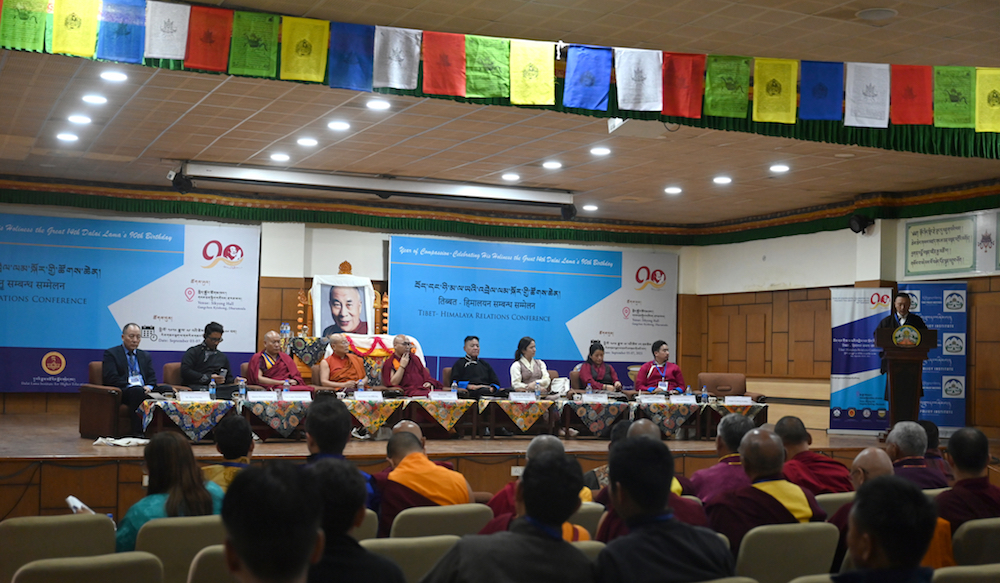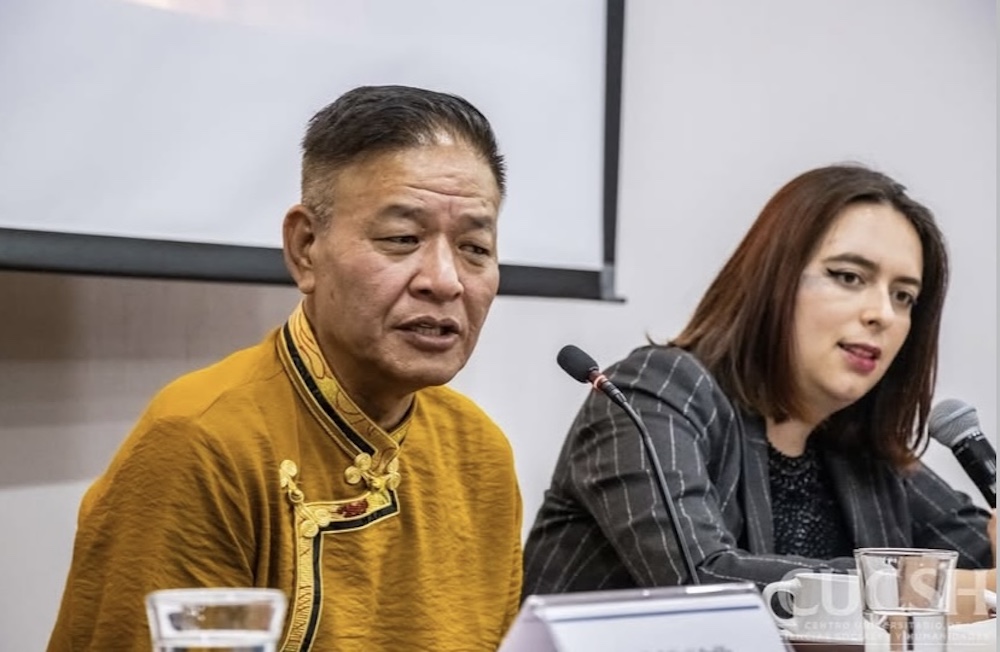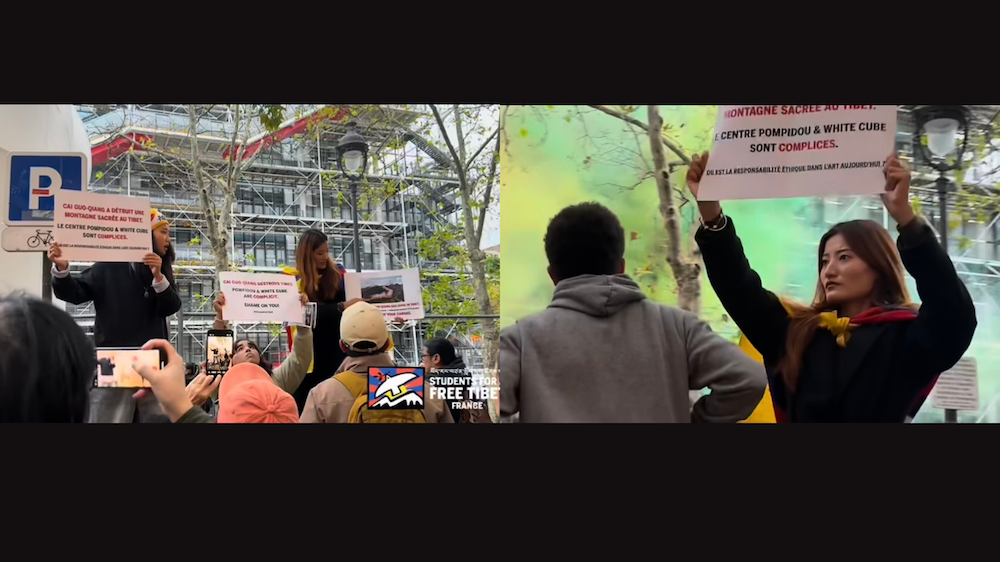Tsering Dhundup
DHARAMSHALA, Sep. 3: A five-day conference on the “Tibet–Himalaya Relations Conference” began with over 100 scholars, descendants of the royal families of the Himalayan regions, lamas, and representatives from across the Himalayan region in attendance at the Sikyong Hall, Gangchen Kyishong, Dharamshala on Wednesday.
In a message to the gathering, the Dalai Lama emphasised the urgency of safeguarding Tibetan religion, language, literature, and history, which he said are being systematically undermined through various means. He encouraged scholars, lineage holders, lamas, and royal descendants from Tibet, Nepal, Bhutan, and the wider Himalayan region to dedicate their efforts to preserving the shared heritage.
His Holiness the Dalai Lama also urged participants to focus on genuine historical facts and resist distorted narratives, stating, “I hope everyone will discuss the actual facts of history, avoiding false statements and distorted narratives.”
“I place great importance and trust in your dedicated efforts to provide service to the profound devotion and unity of the religion and culture of Tibet and the Himalayan mountain ranges,” the Dalai Lama said in his written address.
The event is jointly organised by the Tibet Policy Institute, the Dalai Lama Institute for Higher Education, the Sarah College for Higher Tibetan Studies, and the Monlam Tibetan IT Research Centre. Representatives from Arunachal Pradesh, Sikkim, Ladakh, Nepal, and Bhutan joined the conference, along with historians, experts, and 30 students from the Lahaul-Spiti region.
Penpa Tsering, President of the Central Tibetan Administration, in his address as the chief guest of the conference, noted the conference’s focus on historical, cultural, and commercial ties between Tibet and the Himalayan states. “We managed to keep our relationships peaceful through our very strong cultural connections. Only after the occupation of Tibet by communist China in the 1950s did things change, and that needs to be known to the world,” he said.
Speaker of the Tibetan Parliament-in-Exile, Khenpo Sonam Tenphel, described the conference as the first of its kind in bringing together leading scholars of the Himalayan region. He reflected on Tibet’s rich imperial history, recalling the influence of rulers such as Songtsen Gampo in the 7th century and Trisong Detsen in the 8th century, who expanded Tibet’s cultural and political reach.
Over the course of the five-day conference from September 3 to 7, lineage holders, lamas, nobles, and historians from across the Himalayan region will present their research and perspectives on Tibet’s past relations with neighbouring regions and the ongoing challenges of preserving cultural identity.











One Response
Excellent. Very pleased to see the Unity.